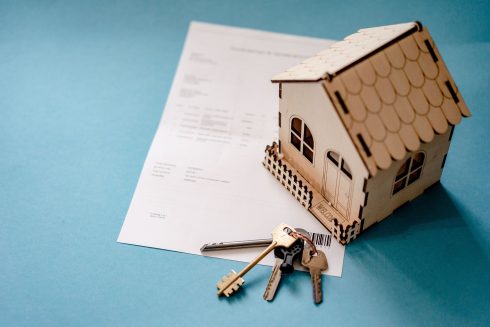Selling your home is a big undertaking. Not only is it an emotional experience (whether you’re happy to be leaving or not), but there are endless practicalities to be dealt with and decided upon. The following will explore several elements of just one of these practicalities: selecting the price you list at.
Get An Evaluation
First and foremost, it might be a good idea to get your home evaluated. This involves having a professional come and take a look at your property and let you know what the house is likely worth. You do not need to list at this price by any means, but it’s helpful to have a professional’s estimation moving forward as this will help you develop reasonable expectations. It also gives you space to make a few adjustments if you’re really unhappy with the estimated value. Just be sure to run the tweaks by the person who gave you the valuation; sometimes, something seems like it will increase a home’s value but actually deters buyers or brings the price down.
Talk To A Professional About The Area
In addition to understanding what the house is roughly worth, it’s a good idea to speak to a real estate platform about the area where the home is located. Some areas are trending or are desirable for certain reasons meaning the strategy you use for pricing will likely change depending on how property is currently looked at in your area. This can also give you a good idea of the ideal timing for your listing, which might be part of your overall strategy.

Consider Pricing Low
One of the most common strategies when it comes to pricing homes is to err on the lower end of the scale. This works by drawing in multiple buyers interested in the great deal (and also leaves buyers with an excellent emotional association with the home as they view it as a fantastic opportunity and so likely feel excited when they think about it). With multiple offers, a bidding war is possible, meaning you might end up with a higher sale price than you thought you’d get as people are already emotionally attached to the property and so are willing to pay that bit extra. This tactic also greatly increases your chances of selling quickly, which might be important to you depending on your situation.
It is worth noting here that sometimes people can run into the problem of their agents suggesting they underprice by an extreme amount simply because the agent wants the sale to occur faster. Be sure that if you use this technique, you keep yourself aware of the price that you won’t sell below before getting into the negotiations. There are other things you can do if speed is your concern, but you don’t feel comfortable underpricing. All this being said, you don’t need to rush if you don’t want to. Just know that if a house sits on the market for a while, sometimes people begin to suspect that something is wrong with it. This can lead to neutral or even negative first impressions, which might not be in your favor.
The above information should help you find a good price for your home to be listed at. Remember, even though real estate is a financial and legal industry, it’s also one where people make choices based on emotions. People want to “feel” like a place is a home. Consider including strategies that help bolster good feelings during showings.












